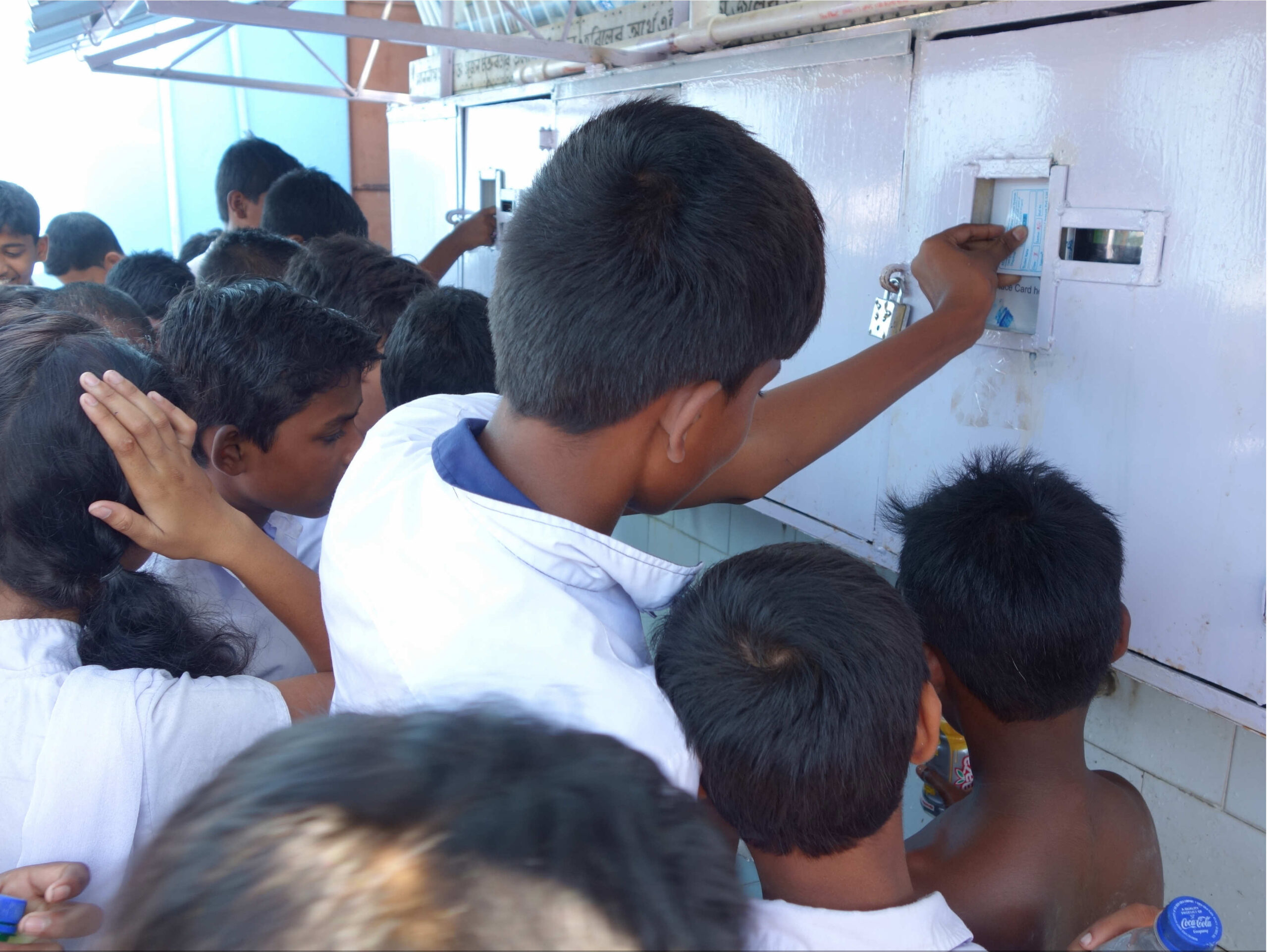Close to 100 million people in rural South Asia are exposed to high levels of arsenic through groundwater used for drinking. Many deployed arsenic remediation technologies quickly fail because they are not maintained, repaired, accepted, or affordable. It is therefore imperative that arsenic remediation technologies be evaluated for their ability to perform within a sustainable and scalable business model that addresses these challenges. In January 2017, we completed field trials in West Bengal, India, of a full-scale pilot plant deploying a technology developed at Berkeley. This technology, called Electro-Chemical Arsenic Remediation (ECAR) operates as community-scale arsenic-remediation plant for groundwater. The ECAR pilot plant with a capacity to treat 10,000 Liters per day, was designed, built, commissioned, and then operated at a High School in West Bengal from April 2016 to January 2017, after which it has been handed over to an industrial partner. Results of close measurements of arsenic content of treated water, as well as measurements of all parameters applicable to drinking water, are excellent. ECAR’s consistently remediated arsenic concentrations of ~ 250 μg/L to < 5 μg/L in real groundwater, simultaneously meeting the standards for all other contaminants in drinking water. ECAR treatment costs (amortized capital plus consumables, but excluding salaries, management, and marketing) are estimated to be on the order of $1/m3 under realistic local conditions. This preliminary economic analysis suggests that community-scale micro-utility business model would be a sustainable and scalable safe water solution for arsenic-affected communities in South Asia.
Groundwater Arsenic Remediation Pilot Plant in West Bengal

